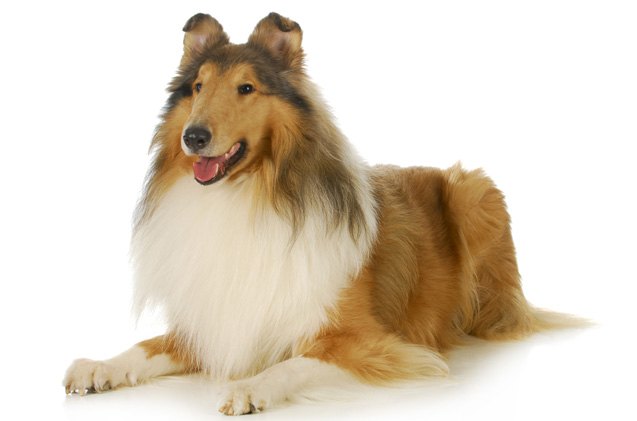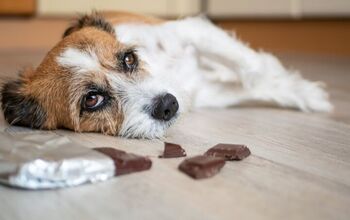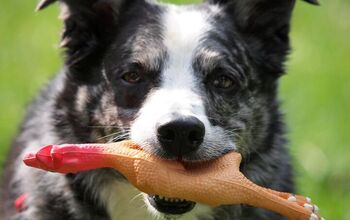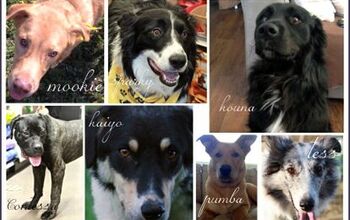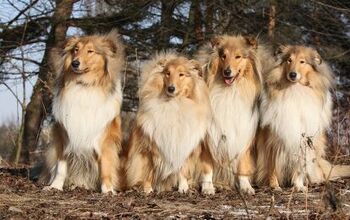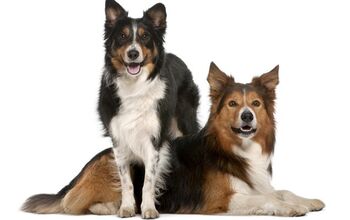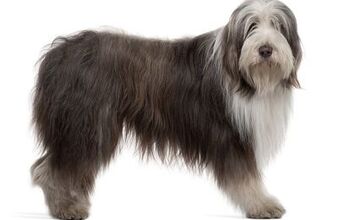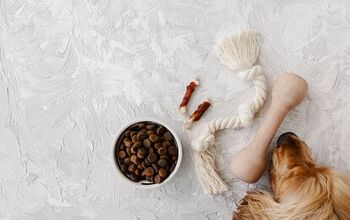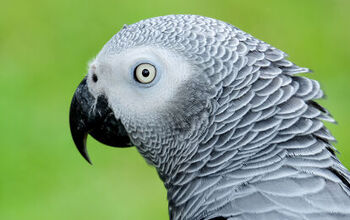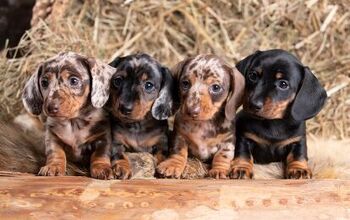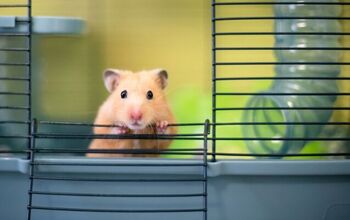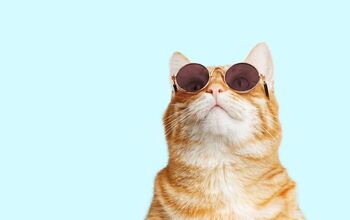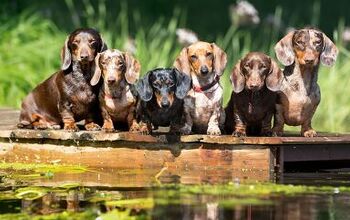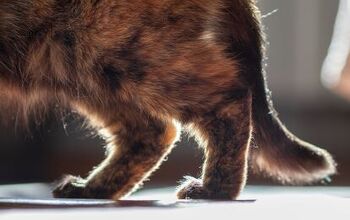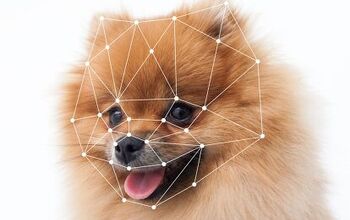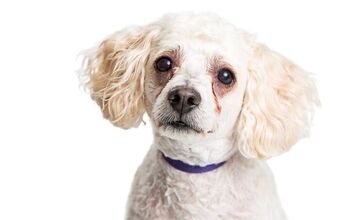Collie


About Collie
Thanks to TV-superstar Lassie, the Collie is a family favorite. After saving Timmy from the well countless times (you would think that kid would have learned his lesson eventually), dog lovers worldwide have brought this dedicated and loyal pet home. And it’s no wonder – Collies love kids.
Devoted and gentle, Collies make wonderful companions. Your Collie will prove to be an excellent watch and guard dog, and it tends to be eager to please and very intelligent. You may notice that your dog has a tendency to be a bit stubborn and bark, but these issues can be corrected with training. Read on to see if the Collie is the right kind of dog for your family.
Devoted and gentle, the Collie makes a wonderful companion.
The Collie was used in Scotland where the breed was used as sheepdogs on farms. There are two types of Collies – the smooth-coated and the rough-coated – and the smooth-coated Collie was used to drive and guard sheep to market.
Because the Collie is so loyal, its popularity soon grew, and the breed made its way around the world as working dogs and as domestic pets. In the 1860s, Queen Victoria visited the Scottish Highlands and fell in love with the breed. The Rough Collie is especially popular, thanks to Lassie.
Part of the Herding Dog group, this breed has been used to herd and drove cattle and reindeer as well as sheep. Collies have worked at police and tracking dogs, have been employed as sentries and couriers for the Armed Forces and have provided services for the physically disabled.
The exact origin of the Collie is unknown, but this breed has been used for centuries as herding dogs in Scotland and England. Also known as the Scottish Collie, the Collie’s name probably comes from the Scottish Colley sheep.
The Collie was recognized by the AKC in 1885.
From premium dry dog foods down to home cooked meals, the Collie does well on a variety of foods. Feed your dog a high quality dry dog food in combination with meats and nutritious home cooking. Since these dogs are meat-eaters, the first ingredient listed on the dog food packaging should be a type of meat and not a meal or by-product.
Your Collie will prove to be an excellent watch and guard dog, and it tends to be eager to please and very intelligent.
Since this breed is intelligent and agile, Collies are easy dogs to train and respond well to a variety of training methods. You’ll need to challenge your dog with training full of activity and challenges, as well as a physical workout of about 60 to 80 minutes per day. Collies enjoy working, so use its herding instincts and give your dog interesting tasks to perform. As long as you vary your training sessions with a range of activities, tricks and rewards, you’ll be able to keep your Collie mentally stimulated and happy.
Male Collies weigh 60 to 75 pounds, while females weigh 50 to 64 pounds.
You’ll find the Collie to be respectful, sweet natured, friendly and without aggressiveness. This dog is a loveable and loyal breed that will protect its owners at all costs. Calm, cool and collected, the Collie is not easily riled, and if properly trained, will rarely bite. This dog breed is a great watchdog and companion.
The more, the merrier – Collies get along with other animals, so this breed does well on farms. Collies love kids and will play outdoors for hours, making this breed a good choice for families. Intelligent, active, courageous and determined, you may find that your dog tries to round up your family!
The Collie has a few health concerns you should be aware of. Collies are prone to eye ailments such as Progressive Retinal Atrophy. This means it’s important to keep regular appointments with the vet for eye checkups, so that problems can be identified before they become too serious. This breed can also be affected by Neutropenia (a blood disorder), gastric torsion, hip dysplasia (the abnormal development of hip joints), dermatomyositis (inflammation of the skin) and arthritis. Like all breeds, Collies can be susceptible to disease because of trauma, infections, and abnormalities of the immune system, genetic influences or degenerative conditions.
Collies have a life expectancy of 14 to 16 years.
To maintain its strong and lean physique, Collies need a lot of exercise. To keep your dog in peak physical and mental condition, be sure to play, take your dog for long walks and give it plenty of activity every day.
You’ll find the Collie to be respectful, sweet natured, friendly and without aggressiveness.
The American Kennel Club says this about the breed: “Although a large, active dog, the Collie is both elegant and graceful, appearing to float over the ground as it runs. Loyal and affectionate, the breed is naturally responsive to humans.”
There are differences in the fur texture between the two varieties of Collie. Rough-haired Collies need thorough grooming as its fur tangles much more easily and it should be brushed on a daily basis. Smooth-haired Collies don’t need brushing often – about every week will do. But because Collies have a mane and tend to shed, it is important to brush both types of Collie frequently to prevent hairs from being spread throughout the house.
Through the spring and summer months, this dog breed tends to shed more often. You should brush your dog more frequently during these seasons.
A Collie’s coat is usually a combination of sable and white, tri-colored and blue merle. All have a double coat. The smooth-haired Collie has a dense, straight outer coat and a soft, furry undercoat. The rough-haired Collie has a short, harsh and smooth outer coat and dense undercoat. Collies are a clean breed and don’t have that distinctive doggie odor.
Collies have a tendency to nip at your ankles as a puppy, thanks to its herding instincts, but will soon grow out of this stage.
Photo credit: WilleeCole/Shutterstock

Amy Tokic, Editor of PetGuide.com, is a passionate animal lover and proud pet parent of Oscar, a Shih Tzu/Chihuahua cross, and Zed, a Japanese Chin. Her love of animals began in kindergarten, when she brought her stuffed dog Snoopy into class with her every day. Now, she writes about her adventures in pet ownership and tirelessly researches products, news and health related issues she can share with other animal enthusiasts. In her free time, Amy loves perusing used book and record stores, obsessing over the latest pet products available and chasing squirrels with wild abandon (a habit attributed to spending too much time with her pooches).
More by Amy Tokic



